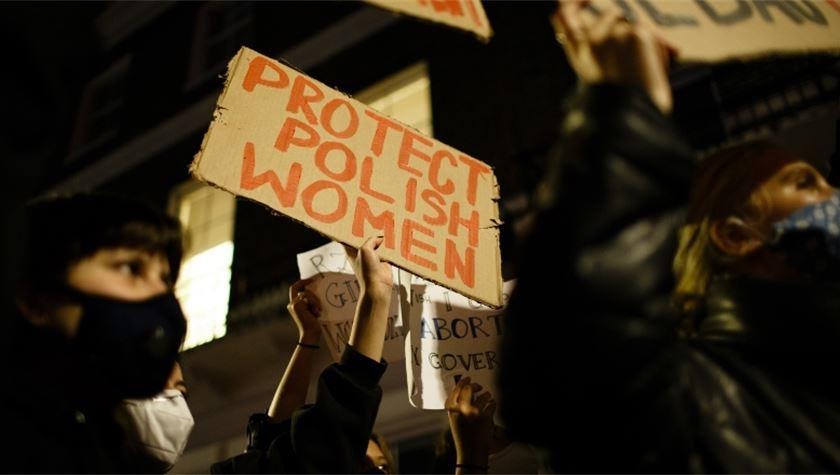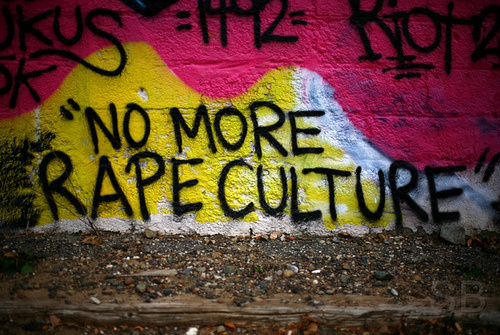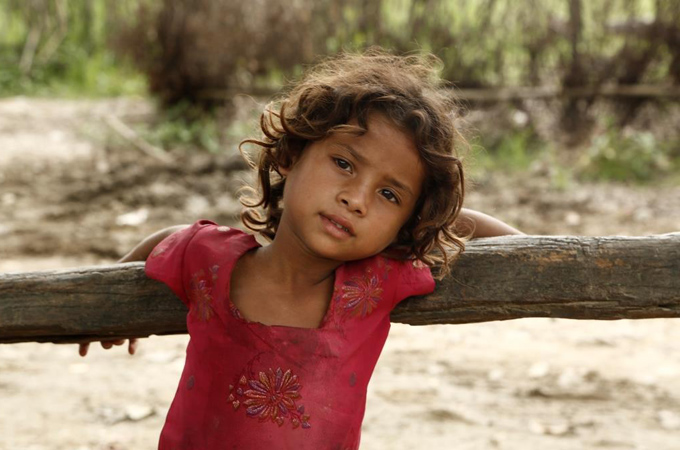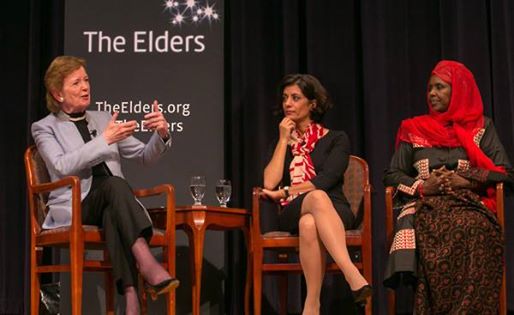On June 24th, the European Parliament passed a resolution affirming that safe access to abortion is a human right. The declaration urges EU nations to recognize that any interference with access to contraception, fertility treatment, maternity care, and abortion constitutes a breach of human rights. Of the EU’s 27 member states, 21 states are shared with NATO confirming the pertinence of reproductive autonomy across international organizations and the relevance of gender mainstreaming in international peace and security dialogues. The plenary session concluded that violating the sexual and reproductive health rights of women and girls is a form of gender-based violence and hinders progress towards equality; undermining the fundamental values of both the European Union and NATO.
The specificity of this resolution is no surprise. It comes as a reaction to the escalating restrictions on women’s rights in Poland; including the near-total ban on abortion which sparked extensive protest and international outrage in October of 2020. Known as “Strajk Kobiet”, the images of thousands of demonstrators flooding the streets of Warsaw during COVID-19 lockdown reflect just how enraged many women feel after experiencing such a devastating erosion of democratic institutions.
Poland’s politically compromised Constitutional Tribunal, primarily consisting of judges appointed by the ruling Law and Justice party, found that access to abortion on the grounds of “severe and irreversible fetal defect or incurable illness that threatens the fetus’ life” was unconstitutional. Taking effect in January, the ruling, which bypassed proper parliamentary protocol, virtually eliminated the legal grounds for abortion, except in cases of rape, incest, or where the mother’s health is at risk. Although for Poland, which already houses highly restrictive laws, approximately 98% of abortions in the previous calendar year were carried out on the grounds of fetal abnormality; meaning that the current law intentionally targets and bans the majority of pregnancy terminations. Even when abortion is legal, numerous cultural barriers still exist, including the discretionary choice of the medical provider which allows them to refuse care based on personal or religious grounds.
This backsliding endangers the health and safety of women and girls, who are forced to seek out alternative avenues for reproductive healthcare. Women’s rights groups estimate that roughly 200,000 women received an abortion illegally or abroad. And to intensify the direness of this situation, Poland’s parliament recently debated a bill that would further criminalize adolescent sexual education by sentencing individuals and organizations that provide information on reproductive health rights to minors to up to three years in prison. All of which is exacerbated by the pandemic that has reinforced existing gendered inequalities. The impact of this law, accompanied by disruptions to education over the course of the pandemic, would further isolate young women from pathways to seek support and leave them underequipped to face the near-total ban on abortion.
Additionally, Human Rights Watch reported that Poland’s Justice Minister began preliminary steps to withdraw from the Istanbul Convention; a milestone treaty that aims to prevent violence against women, protect victims of domestic abuse, and prosecute perpetrators. This brazen move is reflective of the internal government attitudes that informed the ruling in October. In comparison to its EU counterparts, Poland reports fewer cases of domestic abuse; which proponents attribute to underreporting. As most countries have imposed restrictions on movement and measures of local isolation, reports of sexual and gender-based violence against women and girls have risen substantially. To confront this alarming global pattern, Canada’s National Action Plan on Women, Peace, and Security recently invested $650 million over a period of three years to advance international sexual and reproductive health rights and empower women and girls through their right to control their bodies and decisions.
Despite Canadian priorities to curtail the backsliding on women’s rights, the Law and Justice party has downplayed not only gender-based violence but deliberately deterred civil society women’s rights groups through smear campaigns, raids, and significant defunding. This situation has fuelled an increasingly hostile environment that continues to terrorize activists for practicing their right to peaceful assembly and freedom of expression. As of mid to late March, anonymous bomb and death threats were directed to seven women’s rights organizations, as well as a member of the opposition for their visible support and advocacy for abortion rights.
It is critical to acknowledge that this appalling attack on the fundamental rights of women and girls does not strictly plague Poland but is a reflection of trends in other democratic nations much closer to home. In recent headlines to date, the state of Texas enacted the heartbeat bill which outlaws abortion once a fetal heartbeat is detected. However, detection of fetal cardiac activity occurs within 6 weeks of pregnancy; before most women will even know they are pregnant. Last month in Canada, the Conservative party proposed a now-defeated bill that sought to ban doctors from performing sex-selective abortions. Although most MPs said they didn’t support sex-selective abortion, the bill was heavily criticized as yet another attempt by the party to restrict Canada’s reproductive health rights law.
As outlined in United Nations Security Council Resolution 1325 (UNSCR 1325), women’s full political participation is a crucial component for a transparent and inclusive democratic society. Poland’s prominently male political committee and constitutional tribunal detracts from not only the diversity of policy issues brought to the forefront of the agenda but the types of solutions being proposed. Although it would be faulty to make the assumption that all women elected to positions of power will act in favour of gendered issues, this is one factor among many that could explain why such a private individual decision was stolen from Poland’s female population. The damaging consequences of imbalanced political leadership is circular in nature; without diverse gender representation, women’s rights issues are preyed upon which serves to stagnate economic and social mobility and lock women out of opportunities to represent their own interests.
This then begs the question of how are polish women to find their voice in matters of forgein policy and security, when something as basic as their own right to reproductive autonomy is under constant attack? A member of NATO since 1999, Poland’s malicious endangerment of its female population is in direct defiance to NATO’s commitment to gender equality and integration of gendered perspective across programming. The severity of the ongoing situation should not be taken lightly. In a time of crisis that has revealed such stark intersecting vulnerabilities, the health and safety of all must be prioritized. This is a reckless and retrogressive policy aimed to prevent women from making decisions about their own bodies. It surpasses a political debate. This is a clear violation of human rights and fundamental freedoms. Therefore, in accordance with the recent EU ruling and UNSCR 1325, Poland’s violation of women’s rights must be swiftly and effectively brought to accountability by fellow EU member states, international governing bodies and multilateral organizations for their obligations under international law.




